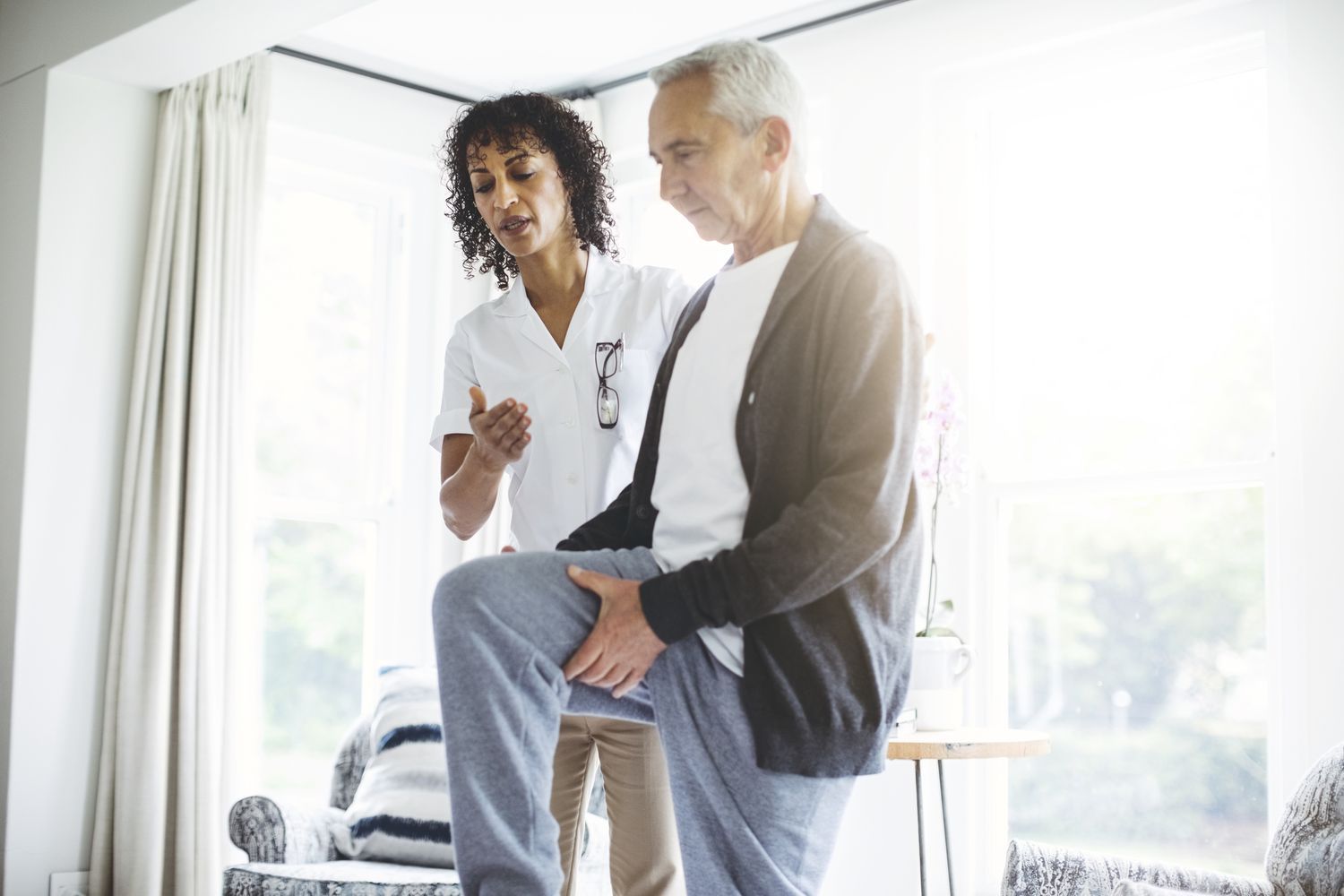Assisted Living for Rehab – What’s it Like?

Well, I did it this time; I fell and broke my hip. WOW, does it hurt! Landed in the hospital; my surgery is tomorrow and then I will have at least a month, if not more, of rehab. This is just great!
Did you know that insurance pays for you to have rehab either at home or in a nursing home? What if you don’t have anyone at home with you and can’t get out of bed and walk by yourself to the bathroom or kitchen? You must go to a nursing home for rehab where someone is there to help you get up from your bed. But I don’t want to go to a nursing home, I don’t think they are very good. I hear they have 1 aide to 20 – 25 residents: that’s some crazy numbers.
There is an alternative to a nursing home. You can go to an assisted living for rehab. All assisted livings are 30 days at a time. What does that mean? That means that you can go, just like I did, to an assisted living community for a month or two and have your physical therapy come in and work with you there.
I went to a smaller 8 bed assisted living community and it was the best thing I could have done. It was private pay, but well worth it as my family must work and there was no one to care for me at home. The aides would get me up in the morning, take me into the bathroom where I could wash up, and dress me. They would then take me out to the dining room for breakfast; some days I would get up so early I would have a small breakfast in my room so as not to wake the others. I didn’t have to cook or clean anything; it was great!
After breakfast, they’d take me back to my room because I wanted to say my daily prayers, where my bed was made and ready for the evening. After my prayers, I could watch television in my room, read the newspaper, or join the other residents for activities; it was always my choice.
Lunch would be served around noon, and I could never eat as much as they served because I was still full of breakfast so I would just have some soup and crackers or something light. After lunch it was time for my physical therapy and what a workout I would get. I would usually have to take a nap after that or try to do some of the exercises they gave me. I wanted to get better quickly!
I would watch my afternoon programs and then the news. I asked for a shower every other day and they were very accommodating. There was always someone there to assist me in everything I did; I felt extremely safe in their capable hands. Dinner was around 5:30 or 6:00 and after dinner they would help me get into the bathroom to wash up again and get me into my night clothes.
I had a bell to ring if I needed something while in my room and whenever I had to ring it, someone was right there to assist. All my medications were given to me on time; another thing I didn’t have to worry about. I would retire for the evening when I was ready, there was no set time and would start over the next day; only difference is it would be occupational therapy instead of physical therapy.
This may not sound like a great time to you, but it is so much better than being in a nursing home where you may not be able to get up out of your bed for hours at a time. And who knows if you can join the others staying there and if they have activities or not.
Yes, it was a little costly, but it was well worth it to me, and I would do it again if I must, but I’m hoping we never cross that bridge again!




